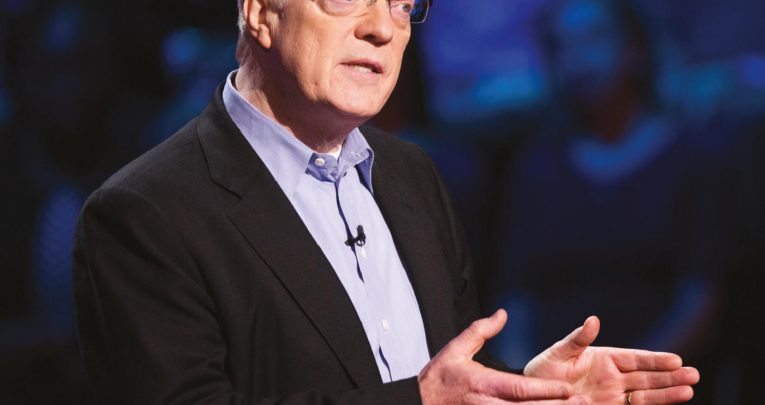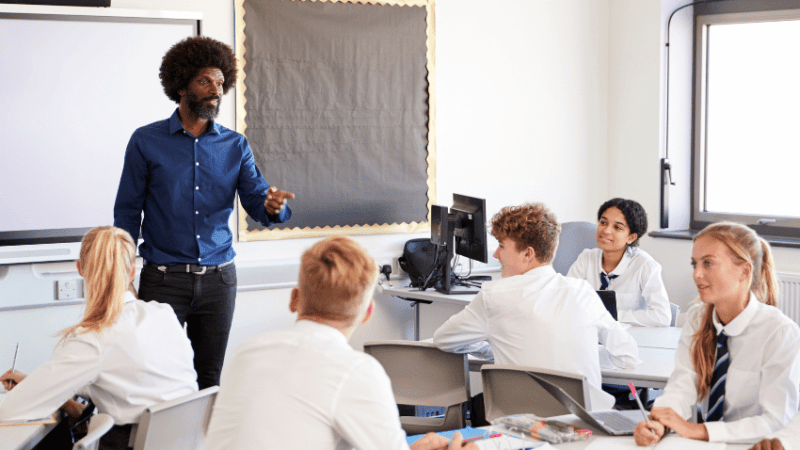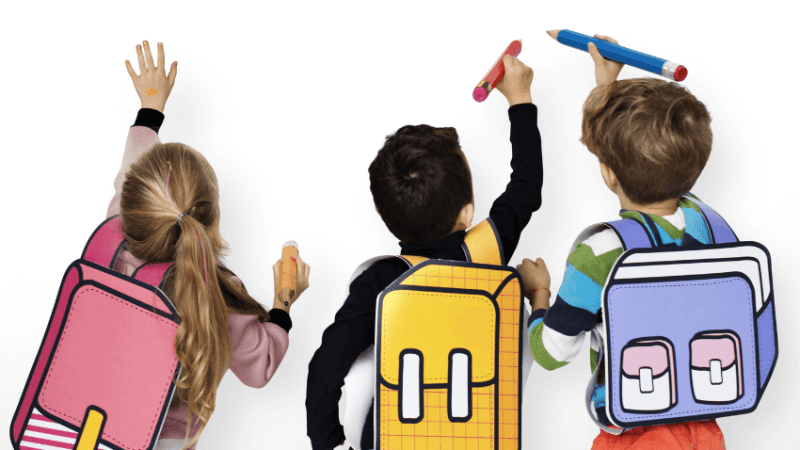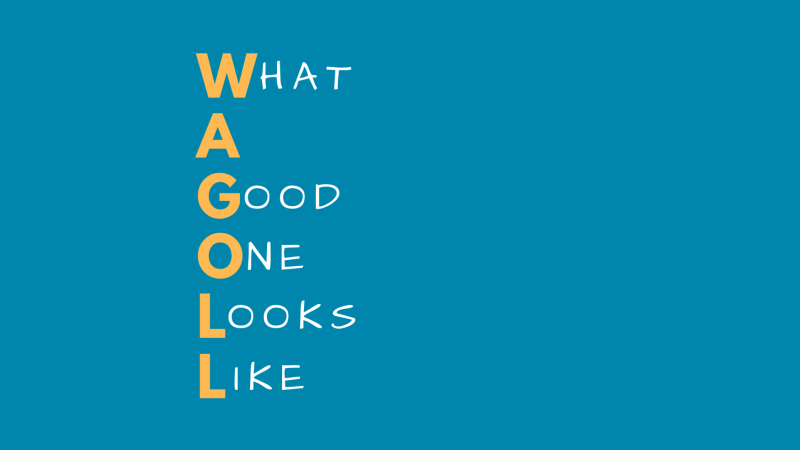Ken Robinson’s Vision For The Future Of Education

As part of the HundrED project, 100 visions for the future of education are being collected – here, Sir Ken Robinson shares a glimpse of his…

- by Ken Robinson

Education is a dynamic system, not a static one. It’s not an impersonal, inert engineering system, it’s constantly in flux and changing. It exists in the actions and activities of people every day. So the system is living and constantly changing.
For example, new technology is tearing through education in many respects and subverting many of the ways in which people are connecting with each other.
Within the system there are people who are operating certain sorts of traditional models, and others, even in very traditional systems, who are innovating and doing creative things. You can find examples of tremendous innovation within the current systems as they are.
So it’s hard to generalise, but there are some features of most mass systems of public education, which I find troublesome in terms of what we ought to be providing our kids with now.
One is that they’re typically based on a very narrow view of intelligence. It’s a view of academic ability in particular, which is too often contrasted with vocational learning: it’s more about theoretical than applied work. There is also an emphasis on the so-called ‘STEM’ disciplines, often to the exclusion of art and humanities.
There is an overemphasis on testing and on compliance, as well as on linearity – the view that you can anticipate not only the lives that our kids might lead when they leave school, but the lives they should lead. We express this in the way the curriculum becomes narrowed to what are thought to be more utilitarian subjects.
Somewhere in there too there is a tacit conception of supply and demand. That’s what you see in the standards: ‘We need more engineers, let’s make that the heart of education. We need more mathematicians, let’s have much more math in schools, we need more scientists, let’s have more science. We need fewer ballet dancers, let’s not have dance in schools.’ It is as if education is some sort of pipeline for manufactured products.
Skills
It is important to define what education is for. For me, the purpose of education is to help young people understand the world around them and engage in the world within them. A lot of the education system is focused on the external world, but all children have their own talents and abilities, sense of possibilities, biographies, anxieties, hopes and aspirations. Among the reasons why kids get disengaged from school is that schools don’t speak well enough to their inner world, and so they don’t feel that school is anything to do with them, or they have been made to feel stupid by it. Or they find it pointless or just boring.
On that basis there are four big purposes of education: economic, social, cultural and personal. But rather than defining education through a group of subjects, I think it is better to think of the competencies people need to make their way in the world now and to engage with the world the way it seems to be evolving. I would include things like curiosity, because in the end education depends on an appetite to learn. If that gets stultified then learning starts to slow down and eventually become frustrating
Creativity is an essential set of skills and capabilities. It is the capability to have and develop new ideas that are original and of value and to know how that process works. This is a fundamental skill in every field of human endeavour from the arts and the sciences to technology, mathematics and business. It’s really what sets us apart from the rest of life on earth; our capacity to come up with fresh ideas and to make them come into being, to create things in the practical world as well as conceptually.
Other critical skills are communication, which is being able to put our ideas together and explain them properly to people in a variety of forms. And collaboration. We live in a social world, we need to work with other people. And if you have an education system that’s atomised, where people work in groups, not as groups, which is rooted in competition, then it betrays the most fundamental dilemma for which most communities actually flourish – when people work together for some common goal.
Trending
The next 100 years
Part of my long time argument is that we’re living in times of revolution and it’s not going to slow down. We exist in times that are driven by rapid evolution of digital technology, and the changes we have seen in the past fifty years will be nothing compared to what lies ahead in the next fifty. I mean, extraordinary changes are afoot in the way these technologies affect how we live, the work we do, where we do it, who does it.
We are living through times with immense population growth – the population of the world doubled in the last thirty years. It’s seven and a half billion now and heading towards nine billion in the middle of the century. We are putting a massive strain on the Earth’s natural resources and we have to really be able to engage in a profound process of innovation, on how we feed ourselves, the fuels that we use, how we house ourselves. More than half the world will be in cities, in enormous mega cities.
These are times with immense change, and I think why Finland has become an exemplary education system for many people around the world is because, over the past 40 years, it has evolved into one that is highly personalised, highly collaborative and one in which a lot of professional discretion is placed properly in the hands of teachers and of head teachers.
But even Finland can’t afford to sit still, because the world is changing so quickly and although the principles of its system are fundamental and sound, the way they are applied has to continue to evolve.
Role of the teacher
At the heart of education is the relationship between teachers and learners – that’s what it’s about. Everything else should be focused on making that the best relationship possible.
The problem is that over time, all kinds of things have gotten in the way of it – testing regimes, league tables, unions’ bargaining rights, building codes, professional identities, the concerns of various pressure groups, the ideology of various political parties. It’s very easy for people to spend all day discussing education without mentioning the students at all. But all of this is a complete waste of everybody’s time if we forget that our role is to help students to learn. Therefore, the question is: what should they learn and how do we best do that?
All the great education systems and schools know that. It’s why they invest so heavily on the selection of teachers, why they insist on getting people who don’t just have good degrees, or have them at all. They want people who know their material, but they also know that teaching depends upon a whole set of pedagogical skills and a love of the process. It’s more than the transmission of direct content. It’s about having a set of skills focused on facilitating learning.
Sir Ken Robinson is an international educator, speaker and author










